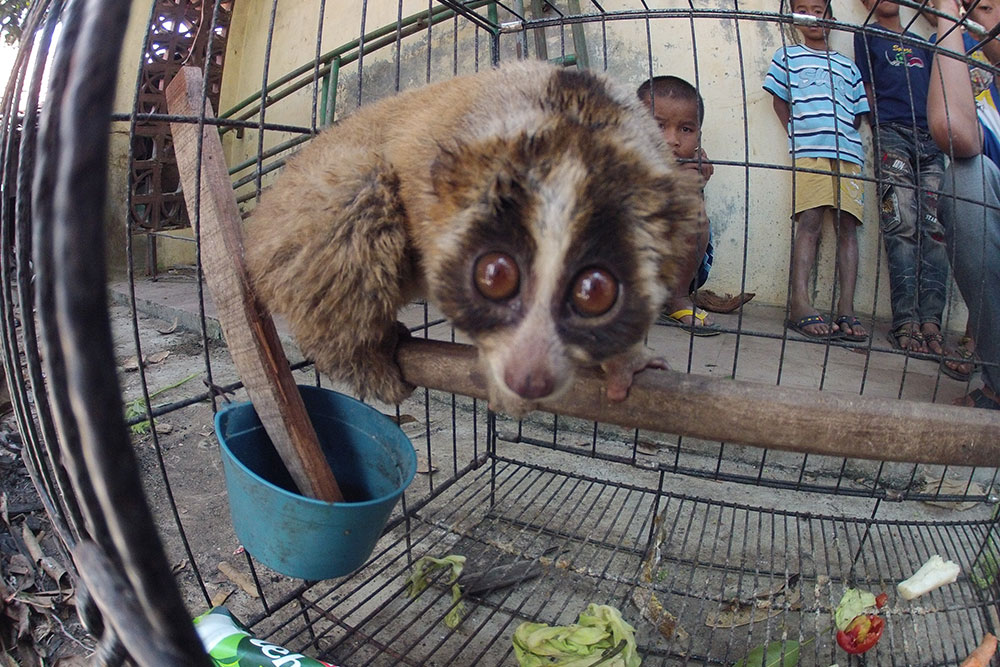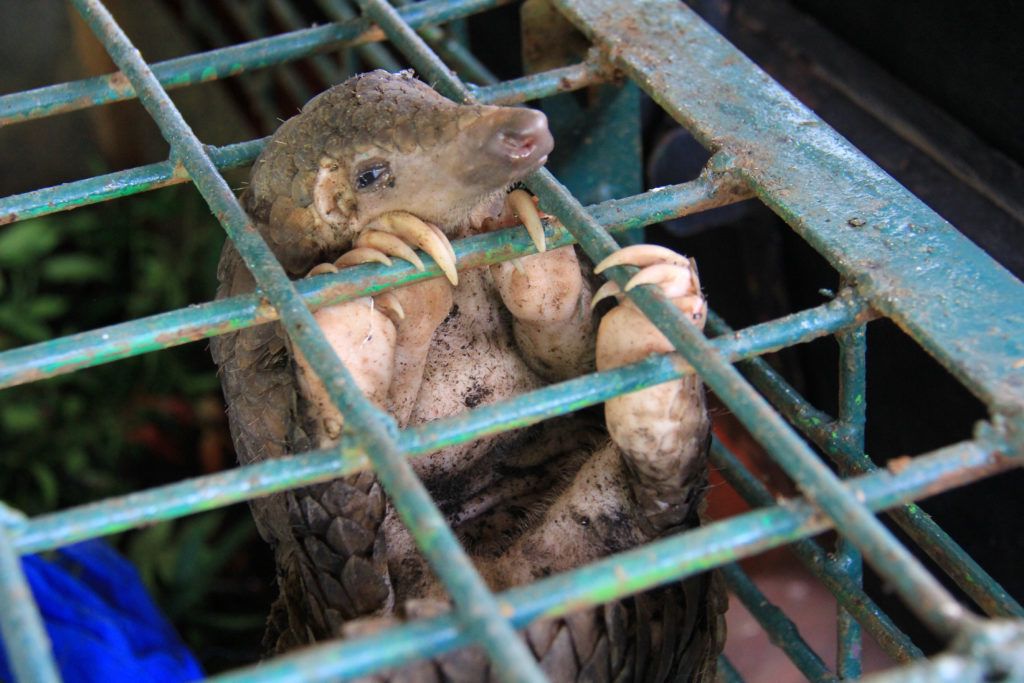People’s Trust for Endangered Species (PTES) is calling on supporters to sign a petition to address the global wildlife trade. The global wildlife trade can be cruel and a hotbed for emerging infectious diseases like COVID-19. Join us in demanding a solution to the global wildlife trade. Now.
The Coalition to Ban Wildlife Trade campaign, led by World Animal Protection and supported by PTES and other wildlife and welfare charities, wants the UK to lead a worldwide drive to halt the trade. The coalition is appealing to Boris Johnson to lead the call at the G20 summit in November.
Globally wildlife is sold on an industrial scale, with animals taken from their natural environments or commercially farmed, exposing them to stress and cruelty and creating a hotbed for disease. As we have seen with COVID-19, these diseases can then be transferred to humans.

The global wildlife trade is fueled by the demand for traditional medicine, ‘exotic’ pets and the entertainment industry. Wild animal numbers have been decimated due to the demand for their use in traditional medicines. Pangolins are thought to be the world’s most illegally traded animal with their scales being harvested for medicine. Rhino horn is ground down into a powder used for a multitude of ailments. Millions of wild animals including slow lorises, parrots, iguanas, lizards and tortoises are captured each year for the exotic pet trade. The UK currently legally imports thousands of protected wild animals each year, including tortoises, pythons and monitor lizards, captured from the wild.

Trade in wildlife occurs on local, national and regional scales. It is a complicated issue that needs both local solutions to ensure people’s livelihoods, and global solutions to help protect endangered species from the threat of extinction and protect public health.
Sign the petition calling on the UK government to address the global wildlife trade ban and end the import and export of wild animals into the UK. Forever.
